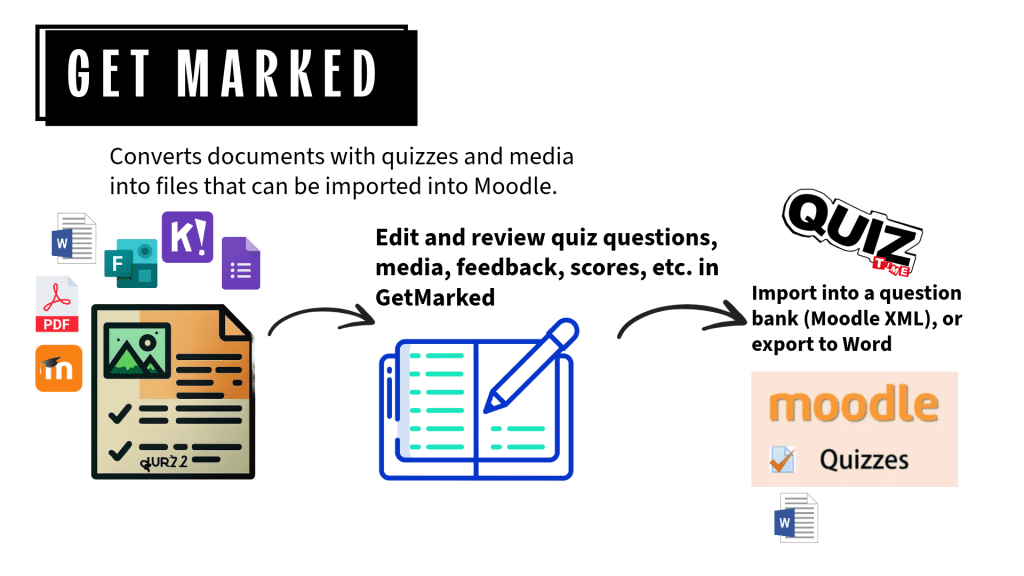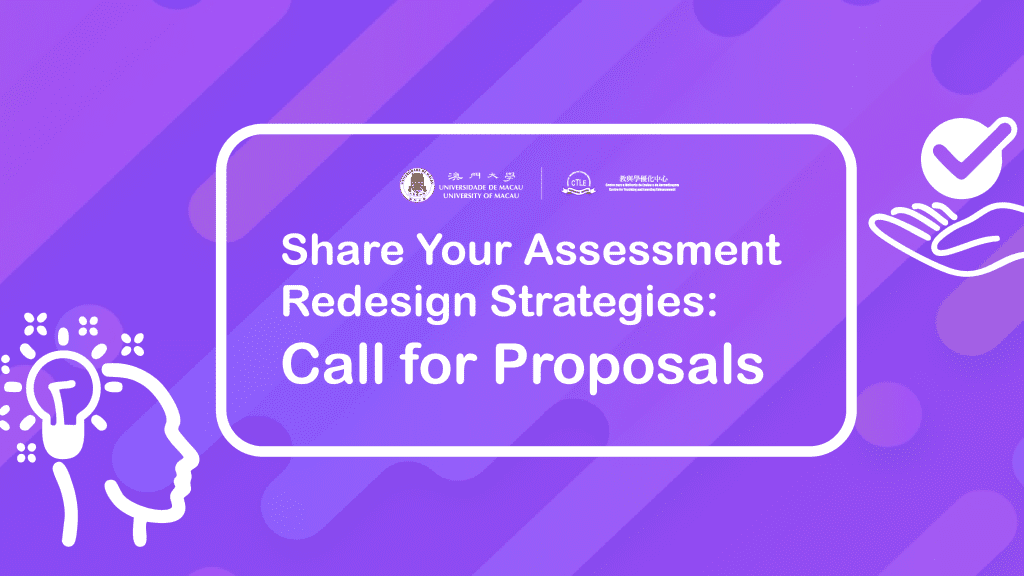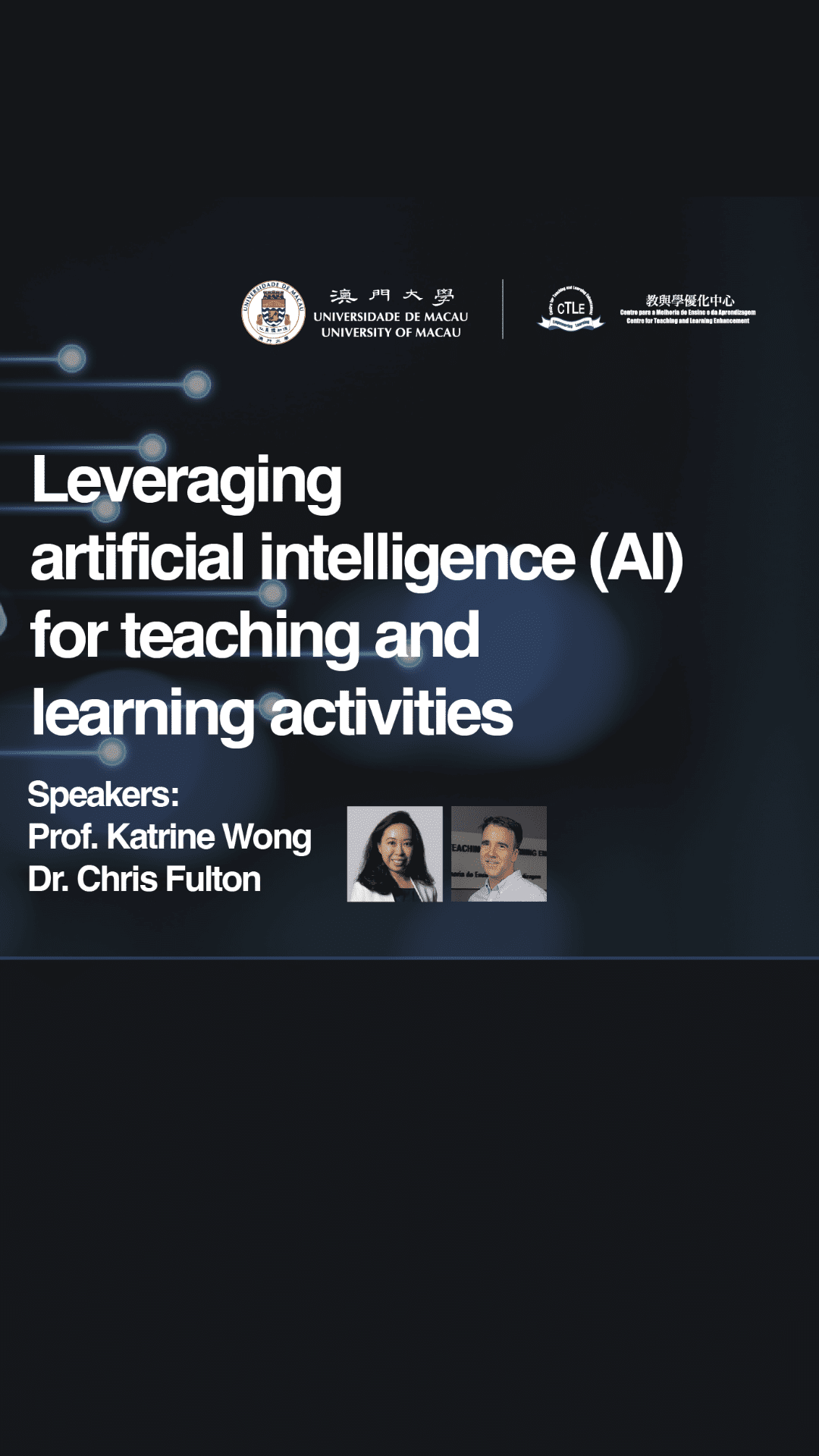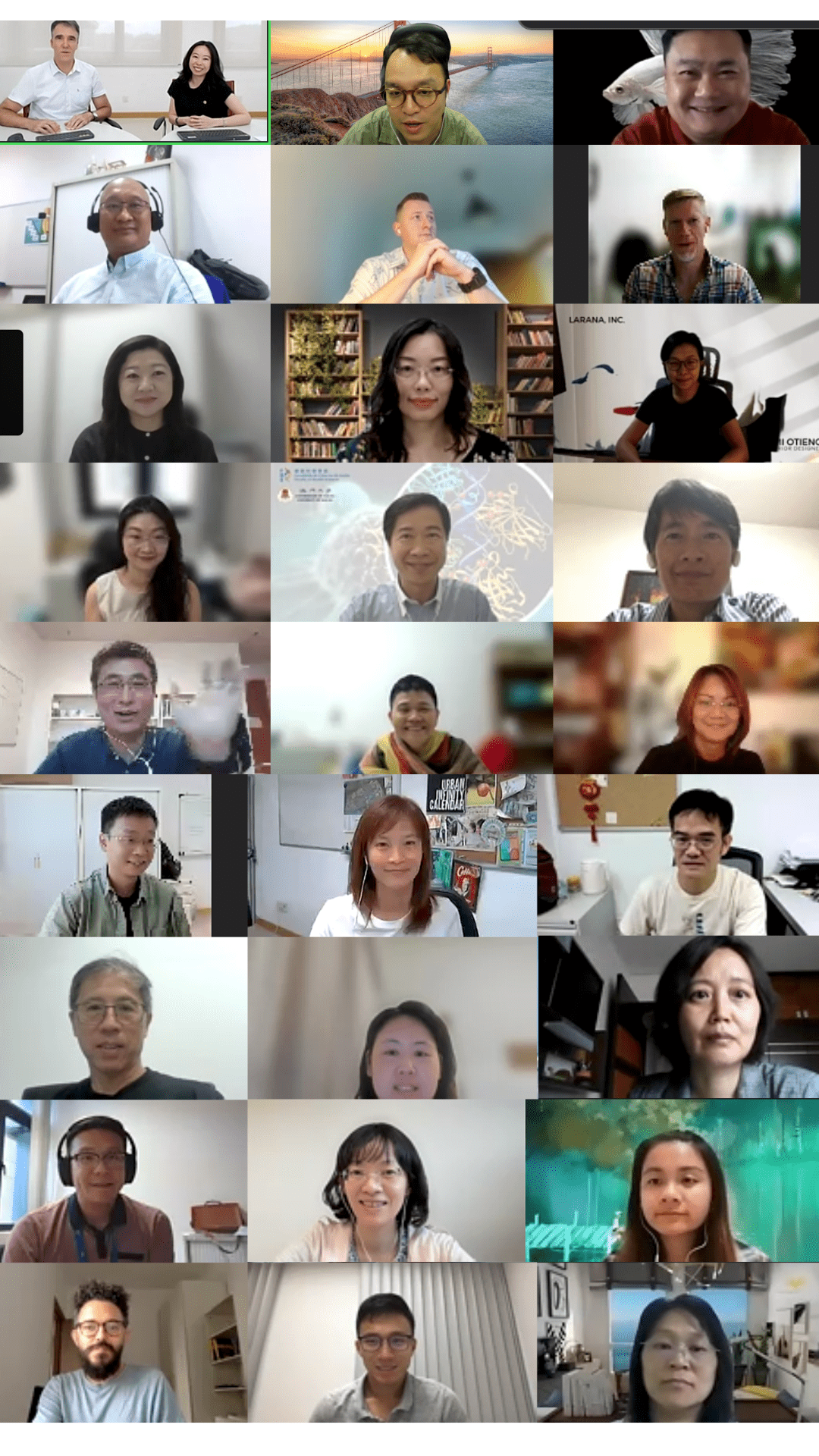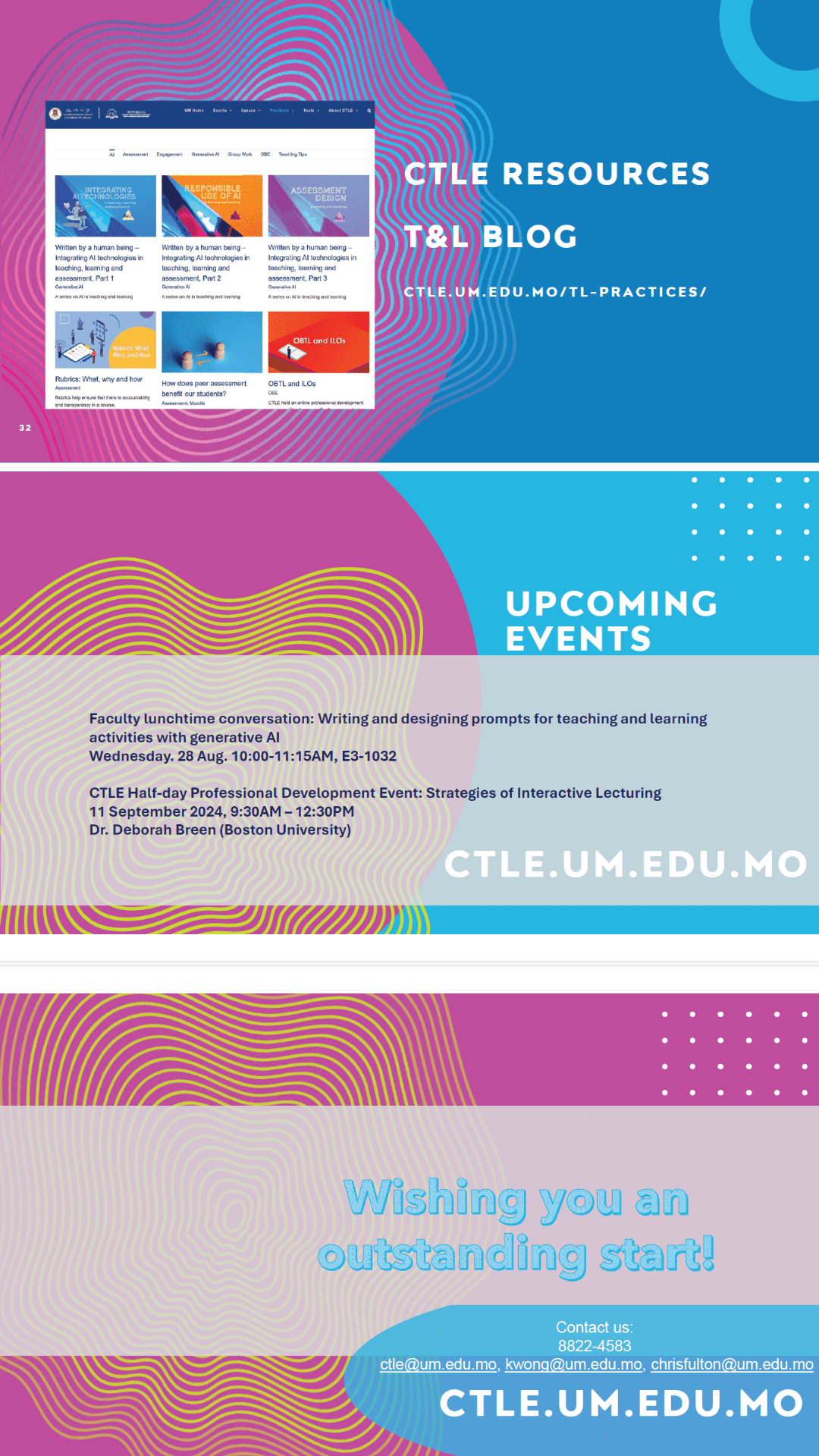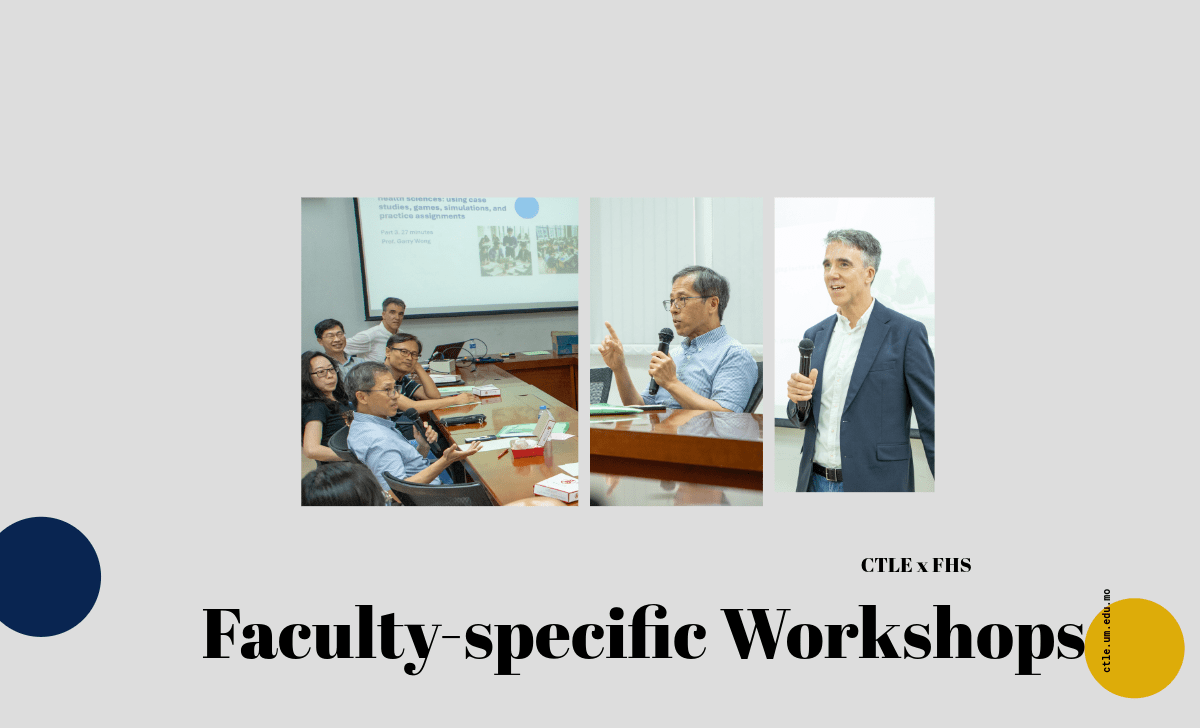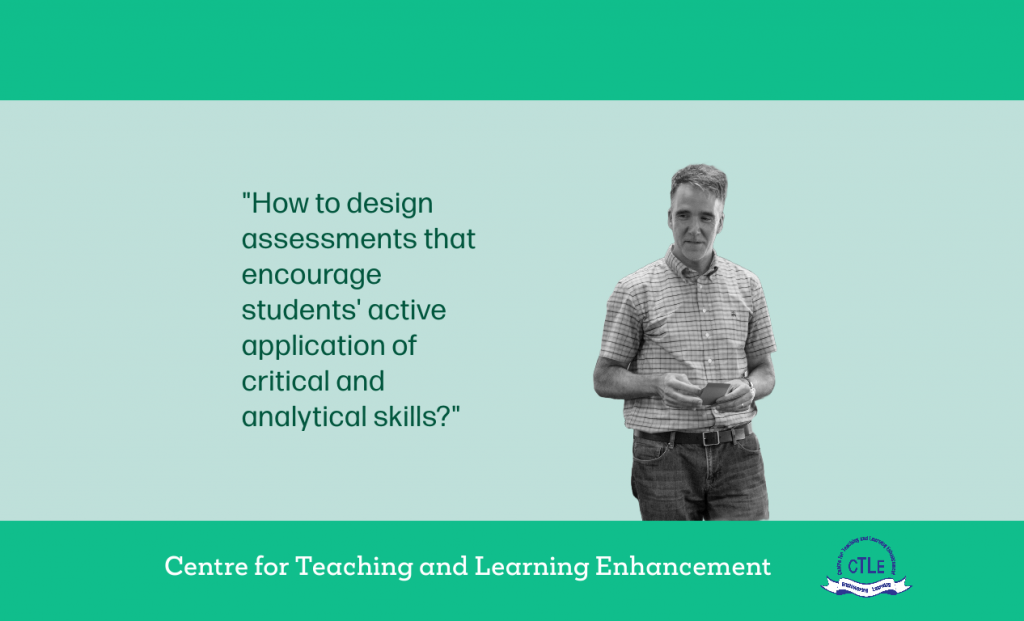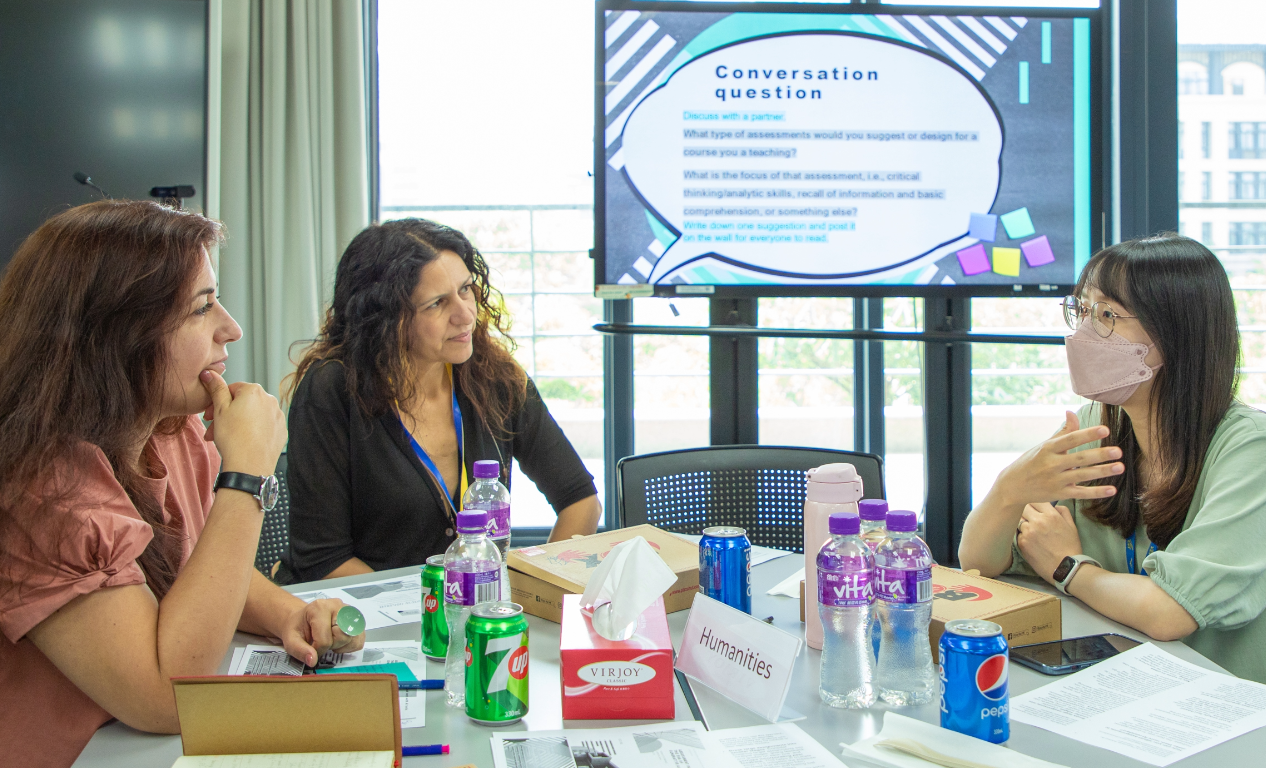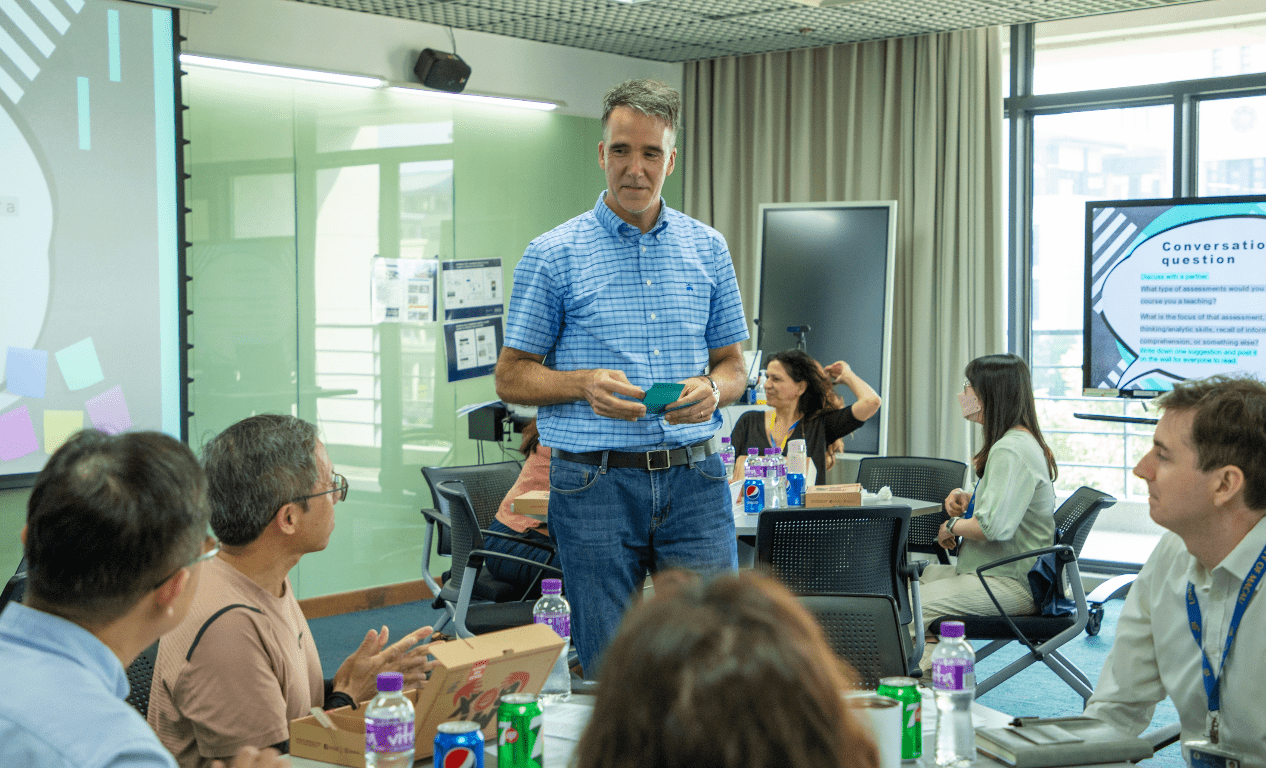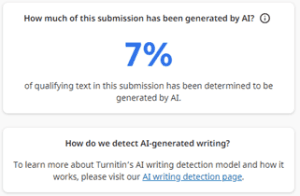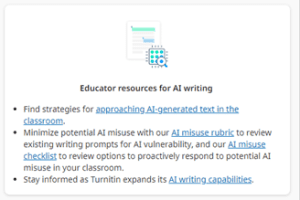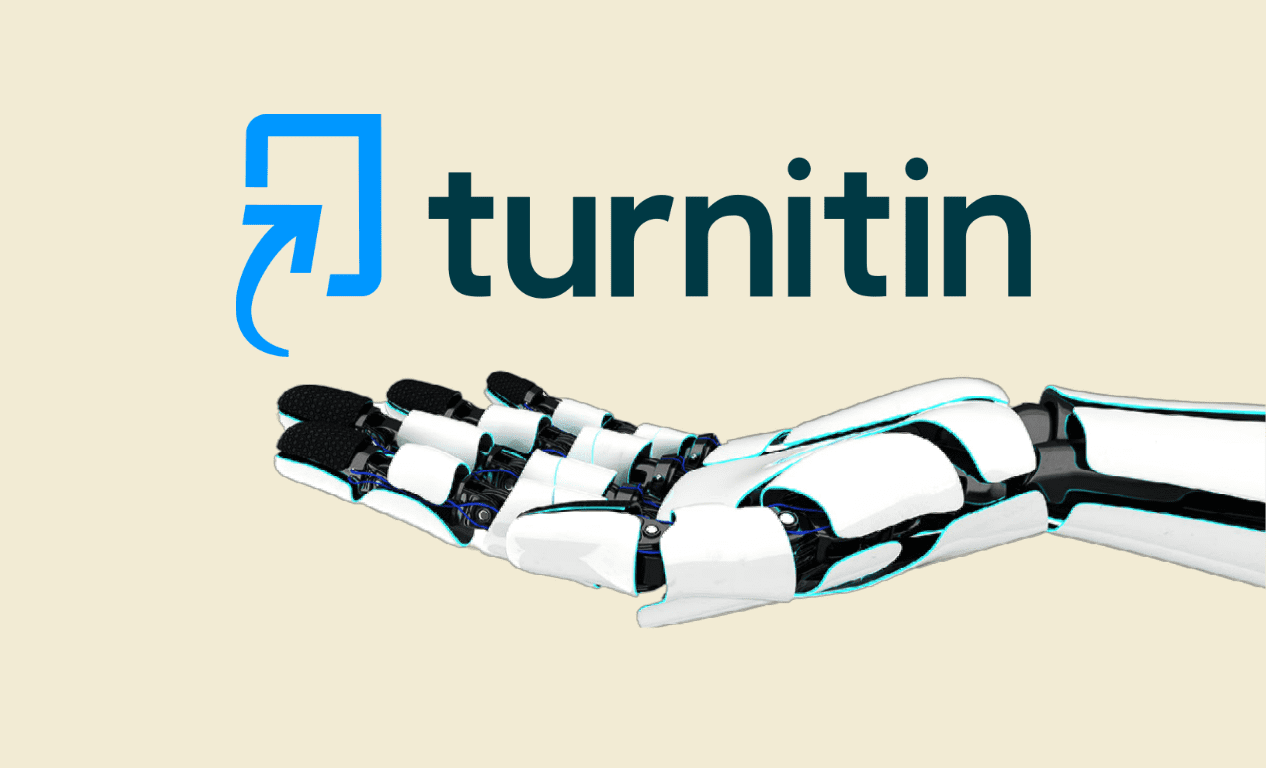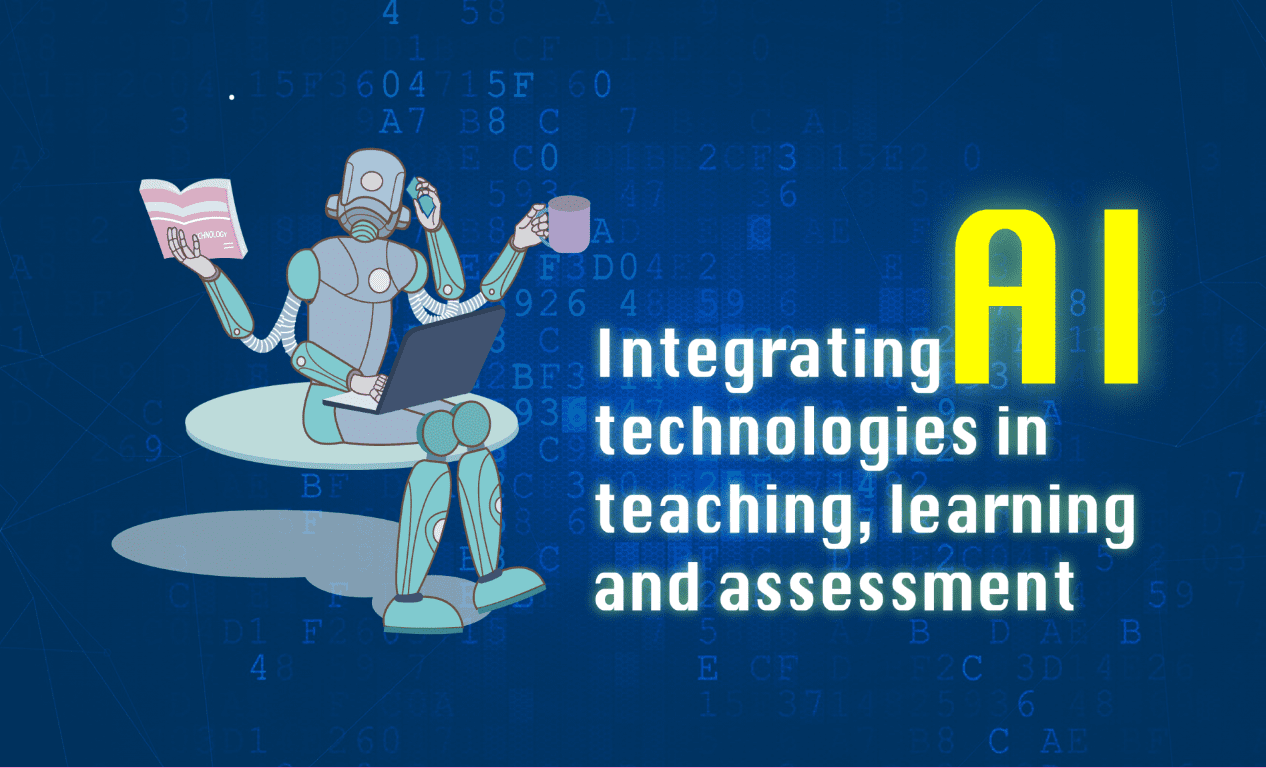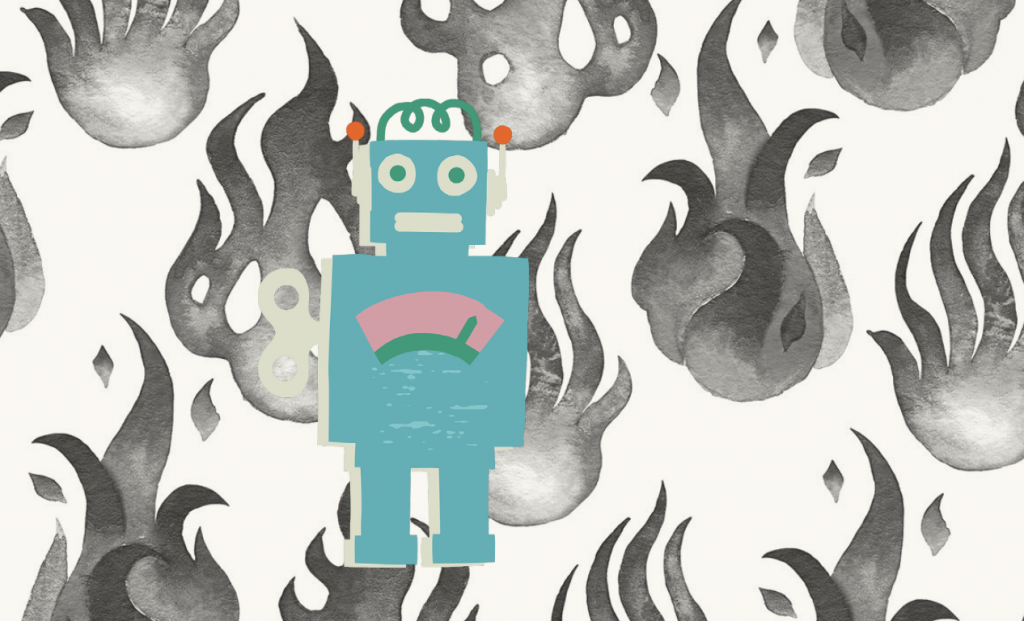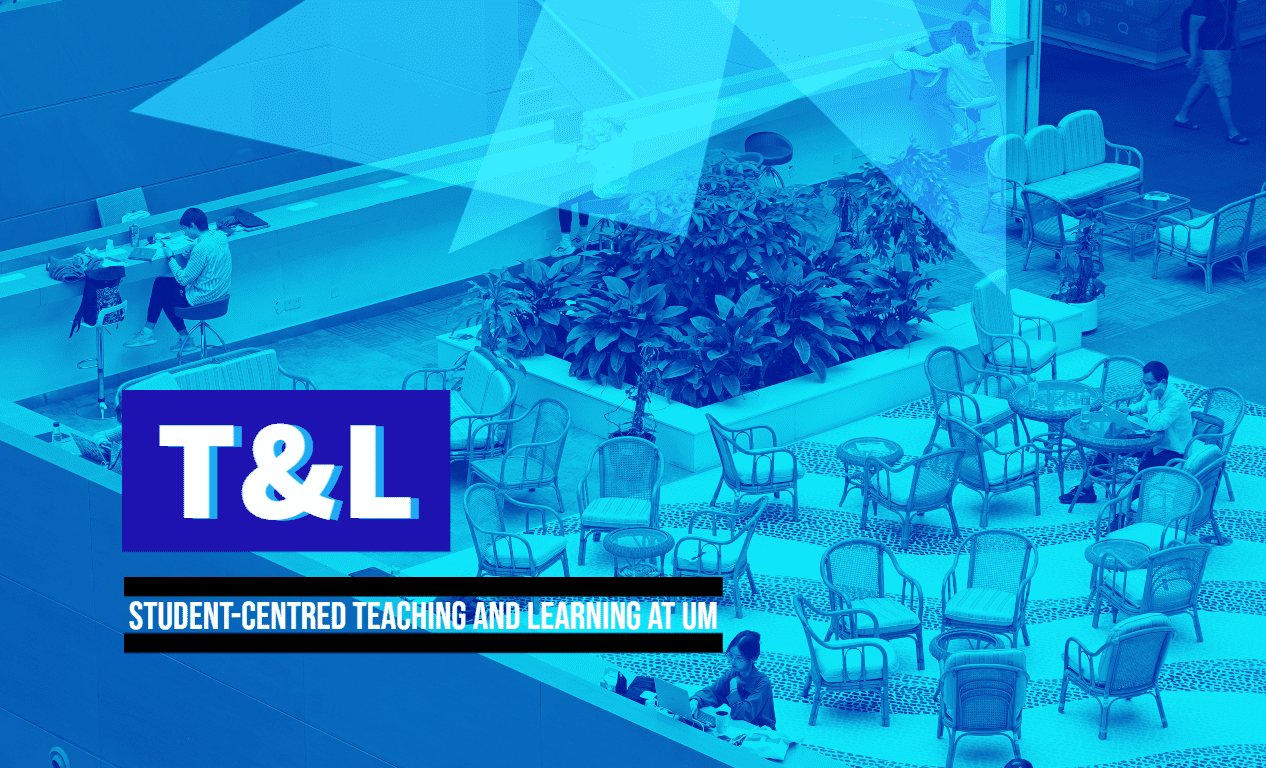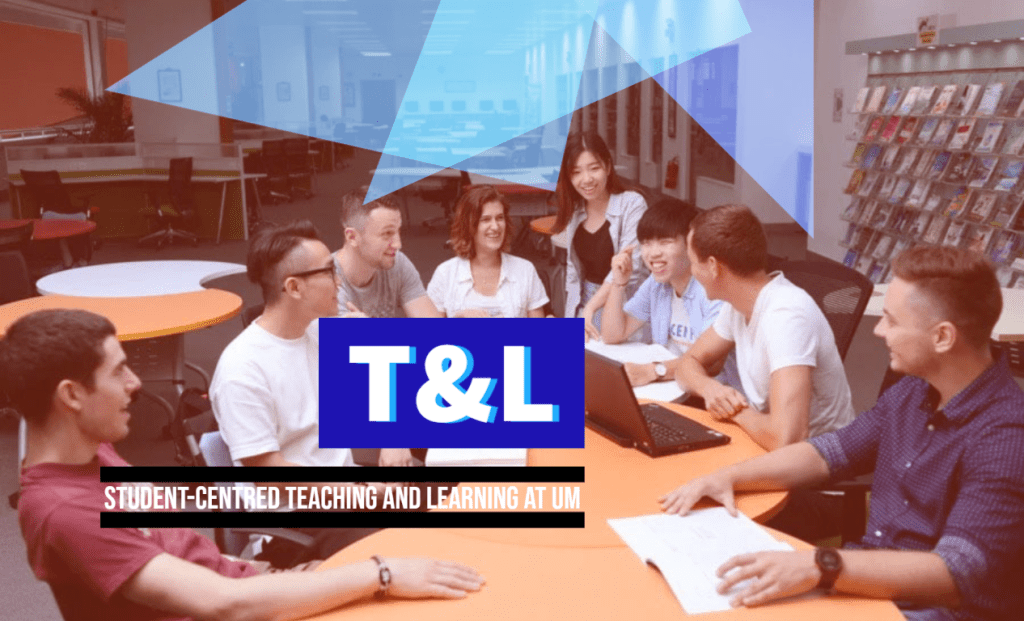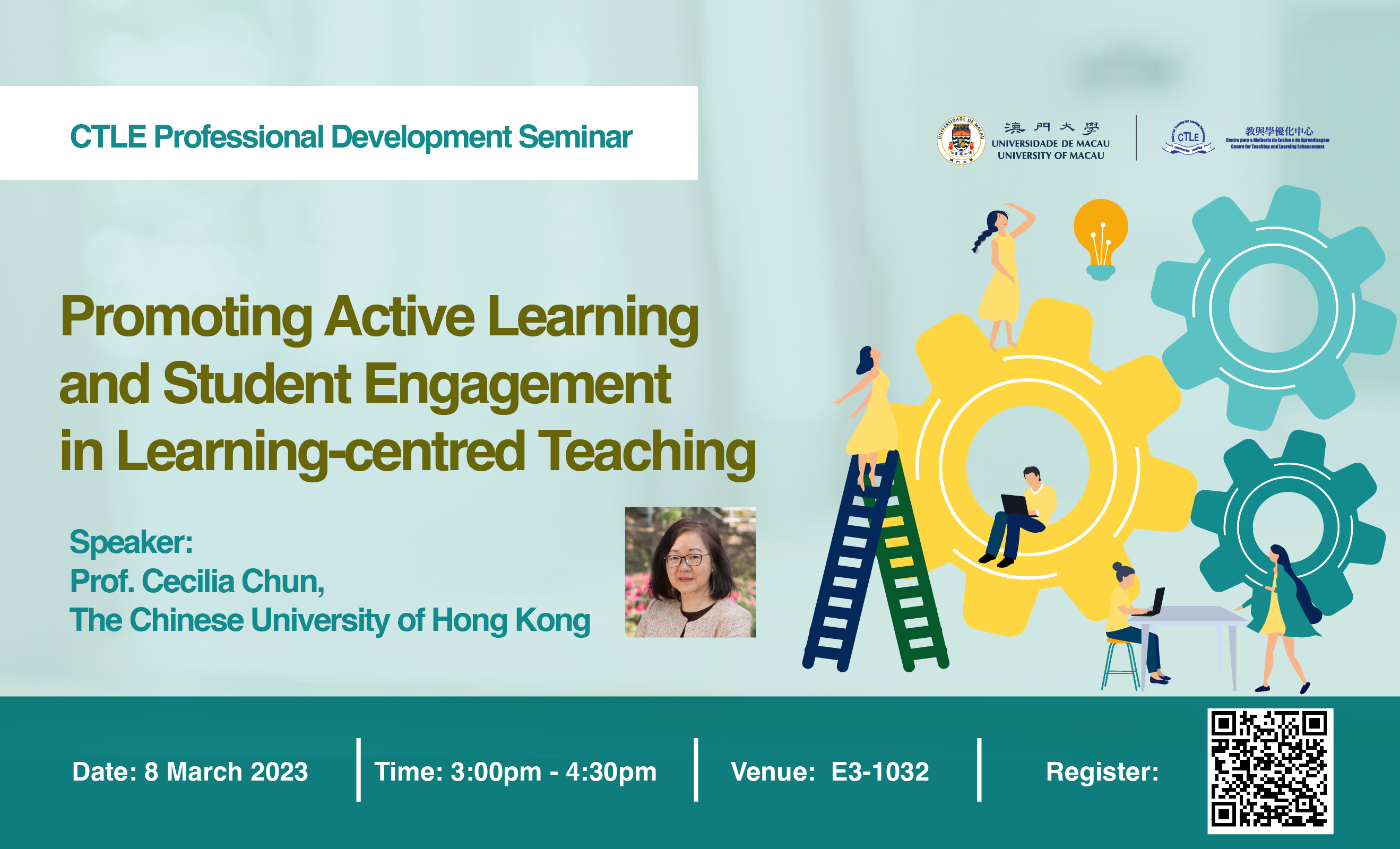🚀 New pilot service for teachers: GetMarked.ai now available!
chrisfulton Dr. Christopher Allen Fulton2025-05-28T11:19:38+08:00The Centre for Teaching and Learning Enhancement (CTLE) is excited to introduce a new pilot service: GetMarked.ai, available to all teaching staff from May 2025 through April 2026.
What is GetMarked.ai?
GetMarked.ai is a powerful digital tool that helps teachers convert and revise quiz questions from Word, PDF, Socrative, Kahoot!, MS Forms, and more into formats compatible with Moodle’s Question Bank. It supports a wide range of question types including multiple choice, cloze, matching, and open-ended formats.
How to Access
Teachers and teaching assistants can access GetMarked directly through UMMoodle:
- Create a GetMarked activity in your course (only once).
- Click the link to authenticate and open the GetMarked Digitalizer platform.
- Upload your quiz in a Word document, review and edit questions in GetMarked, then export to Moodle XML format for easy import into your course’s Question Bank.
🔒 Note: This service is only available to users with “teacher” or “teaching assistant” roles. Students are not eligible.
Get started!
- 🧭 Read a quick start user guide: ctle.um.edu.mo/resource/guide-to-getmarked-ai/
- 📖 Read the official guide.
- 📅 To schedule a consultation, email chrisfulton@um.edu.mo.
Take advantage of this pilot to streamline your quiz creation and enhance your teaching workflow!
Follow CTLE on social media:

